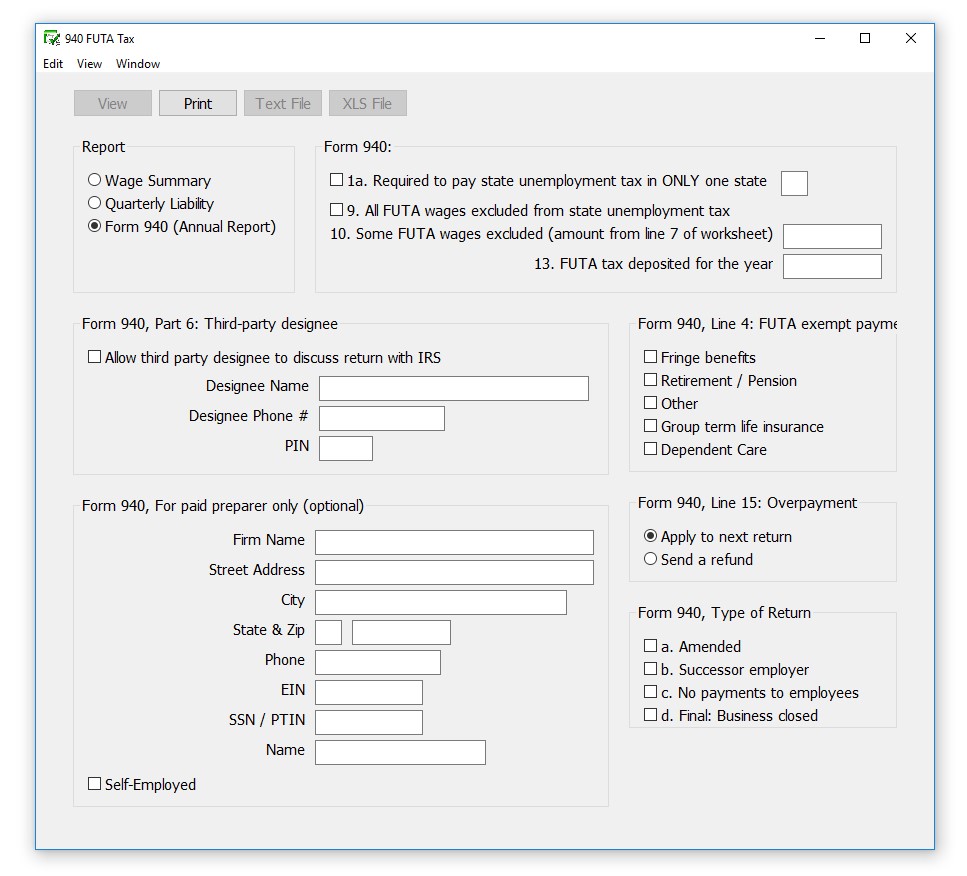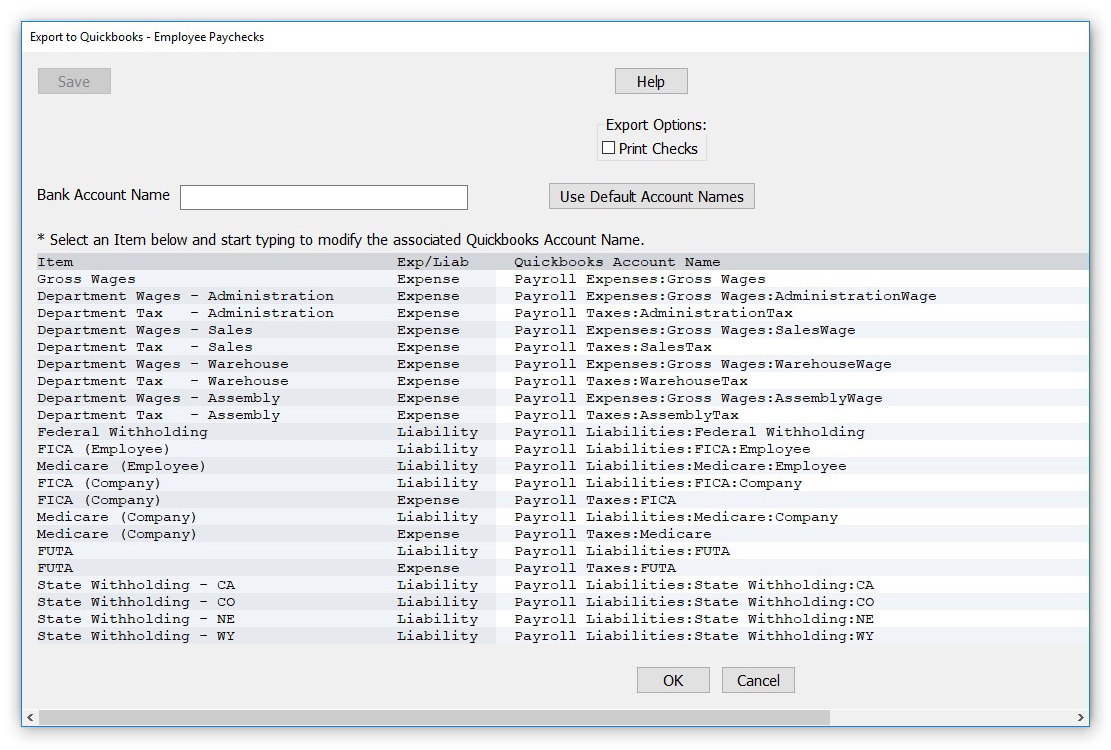

For example, deciding when to implement the pay frequency change can impact a myriad of other issues including the impact on issuing Forms W-2 if done prior to January 1 the effect on salary employees if done mid-year and calculating fringe benefits if they are based on a time frame such as a per payroll period. In simpler words, compensation is the money received by an employee from an employer as a salary or wages. The contributions can be their time, knowledge, skills, abilities and commitment to your company or a project. Enter the amount of salary that the employee receives each pay period in the Salary per Pay Period edit box if the employee is salaried. Compensation is the remuneration awarded to an employee in exchange for their services or individual contributions to your business. Select an employee from the employee list if one is not already selected. The compliance issues that need to be addressed before making the decision to change payroll frequency include such items as: Does the state permit the frequency? And Are there any employee notifications required prior to the change being made? In addition to compliance issues there are issues that deal with timing, systems, and employee earnings and fringe benefit accruals. Select the Wages view tab on the Employees window.

However, it is an arduous task and should be approached with care and a tremendous amount of research and preparation. Of course, legally changing payroll frequencies is permitted by the states in most cases unless it is done strictly for the purpose of avoiding overtime already worked. No matter what the reason, changing the payroll frequency can be a daunting and more than slightly harrowing idea if it is approached without careful planning.

Note: If your deposit frequency changes, perhaps because you've hired a gaggle of. Is your company contemplating changing your payroll frequency? Maybe your company has grown too large to handle a weekly payroll now, or perhaps a certain payroll cycle has become the norm in your industry. Paying Payroll Taxes the tax agencies, your bank, and your accountant.


 0 kommentar(er)
0 kommentar(er)
